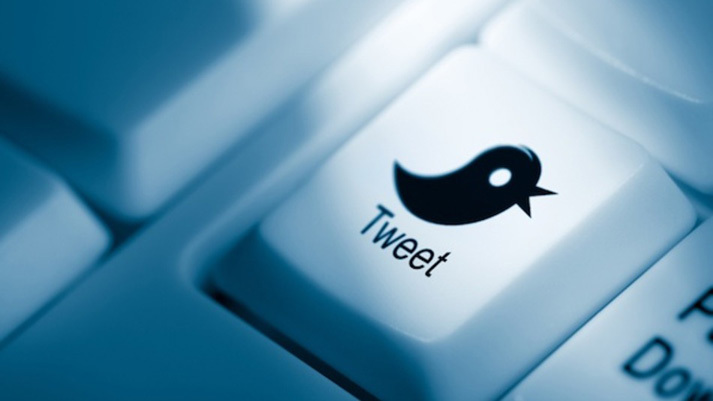Twitter reveals all the cards - your life is no longer a secret

The company plans to make content created by users accessible to a wide circle, from stores to police officers involved in curbing riots.
Imagine that you are going to fly a plane to see your newborn grandson. Just as you climb aboard the plane, as the crew calls you by first and last name and congratulates you with your family, and behind the chair in front of you, there is a rattle in gift wrapping with the airline’s symbols.
So one of the leaders of Twitter, dealing with strategic development represents the future. The systems have already aggregated trillions of their users' tweets in search of various commercial opportunities. Some researchers, evaluating the flow of tweets, are trying to find patterns between fees and the popularity of mentioning football players during matches.
')
Although the sale of data is still a very small part of Twitter’s total revenue (just $ 70 million out of $ 1.3 billion last year), social networking has big plans for building up this segment. This is evidenced by last year’s purchase by the service of the analytical company Gnip for $ 130 million.
Google and Facebook built up their business around data sharing, but the control they received as a result of this was a source of considerable controversy.
Chris Moody recognizes that this is an area fraught with ethical and reputational risks, and believes that the context is extremely significant in this matter. In the Guardian article, Chris cautiously emphasizes that even though Twitter can and provides information to the same cop, it does so in a general way, in no way directed to individual users. He also emphasizes that the service does not gut direct messages hidden from everyone except the sender and the recipient, but if you read carefully Twitter’s privacy policy, there is no doubt that the company considers all other data generated by users, all their property. In general, here is such a beautiful new world.
Source: https://habr.com/ru/post/286814/
All Articles